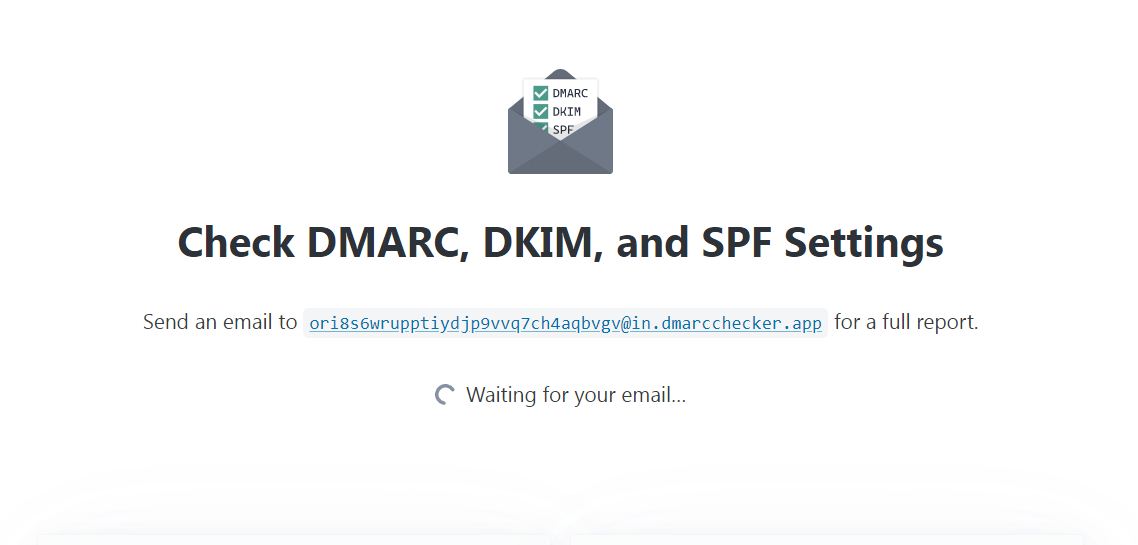In the digital age, email communication has become an integral part of both personal and professional interactions. However, with the rapid rise in cyber threats like phishing attacks and email fraud, ensuring the security and authenticity of emails has become paramount. To safeguard domains from such malicious activities, a combination of security protocols like DKIM, SPF, and DMARC is essential. DMARC Checker emerges as a valuable online tool that plays a crucial role in verifying email compliance with DMARC standards, thus enhancing email deliverability rates and ensuring messages reach the intended recipients securely.
Unlocking Creativity
DKIM, which stands for DomainKeys Identified Mail, serves as a fundamental component in securing emails. By digitally signing emails with a private key and sharing a corresponding public key in DNS records, DKIM enables recipients to verify the authenticity and integrity of messages. This cryptographic process not only confirms the sender’s authorization but also guards against tampering during transit. The seamless integration of DKIM within email communication ensures a more secure and trustworthy exchange of information.
How to Implement DMARC Successfully
On the other hand, SPF, or Sender Policy Framework, acts as a vital mechanism to validate the legitimacy of email senders. By publishing SPF policies in domain DNS records, organizations can specify which IP addresses are authorized to send emails on their behalf. When an email is received, the recipient cross-checks the sender’s IP address with the allowed addresses designated in the SPF policy. This authentication process reinforces the credibility of the sender domain and minimizes the risk of unauthorized email transmissions.
Boost Your Email Deliverability
DMARC, short for Domain-based Message Authentication, Reporting, and Conformance, serves as the comprehensive security standard that combines the strengths of DKIM and SPF. By enforcing rules that mandate emails originate from specified domains mentioned in the ‘From’ field, DMARC acts as the final line of defense against fraudulent email activities. Domain owners can publish DMARC DNS records that guide receiving servers on how to manage messages failing SPF and DKIM checks. When an email arrives, recipients verify these authentication methods against the DMARC record. If both DKIM and SPF pass and align with the designated domain, the email successfully passes DMARC validation. Conversely, emails that do not meet these criteria may be subject to rejection or quarantine, ensuring a higher level of email security.
Stay Ahead of Cyber Threats
In the contemporary digital landscape, where cyber threats continue to evolve, DMARC Checker plays a pivotal role in fortifying email security measures. By facilitating the verification of email compliance with DMARC standards, organizations can significantly enhance their email deliverability rates and protect their domains from phishing attacks and fraudulent activities. As email providers increasingly mandate DMARC compliance, leveraging tools like DMARC Checker becomes indispensable for ensuring the integrity and security of email communications.
Summary
In conclusion, the synergy of DKIM, SPF, and DMARC protocols underscores the critical importance of robust email authentication mechanisms in safeguarding against malicious cyber activities. Through the utilization of tools like DMARC Checker, organizations can proactively reinforce their email security posture, build trust with recipients, and mitigate the risks associated with fraudulent email practices. Moving forward, prioritizing email security through comprehensive authentication measures will be essential to maintaining a secure and trustworthy email environment in the digital realm.


